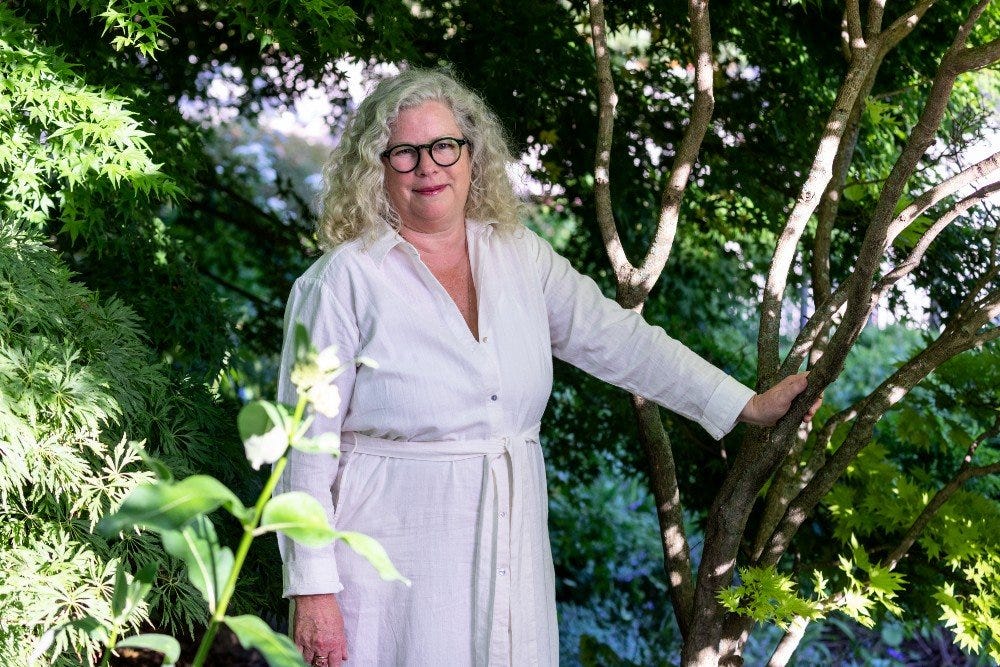How to Commune More Deeply with Nature (Maria Rodale)
Listen now (50 mins) | "The main message from all of these creatures, plant, animal Insect is that we have to learn how to respect and live in balance and harmony with nature..."
You can also find this episode on Spotify, or wherever you get your podcasts.
Maria Rodale describes herself as the recovering CEO and chairman of Rodale Inc., which is a massive publishing entity that the family sold many years ago. They're the publisher not only of a book imprint, but magazines like Men's Health, Women's Health, Prevention. They also p…
Keep reading with a 7-day free trial
Subscribe to Pulling the Thread to keep reading this post and get 7 days of free access to the full post archives.



